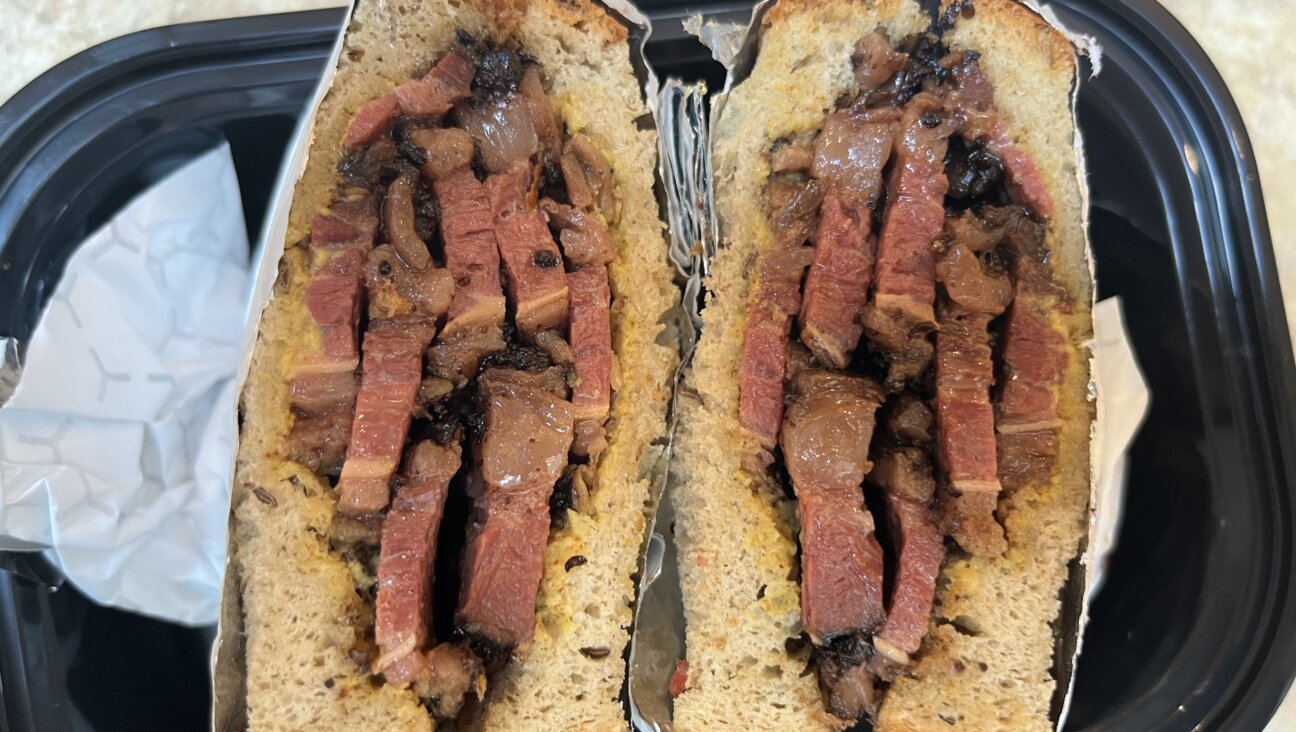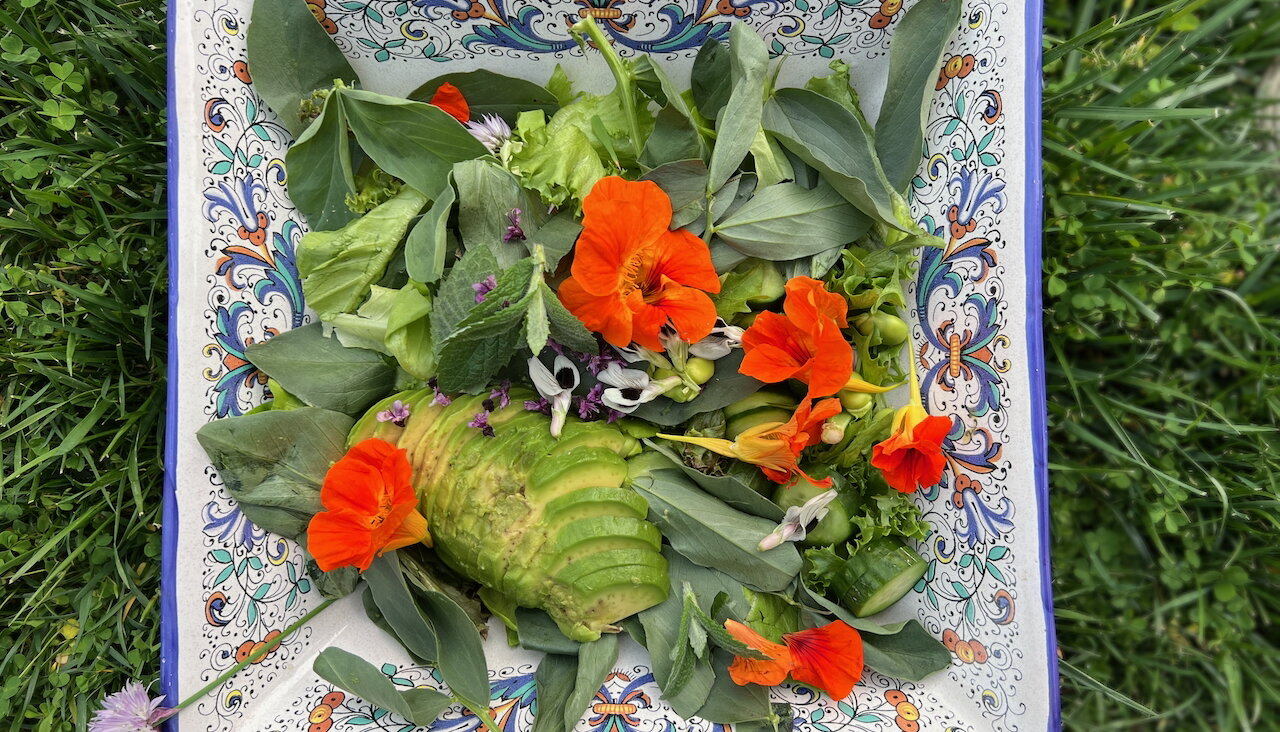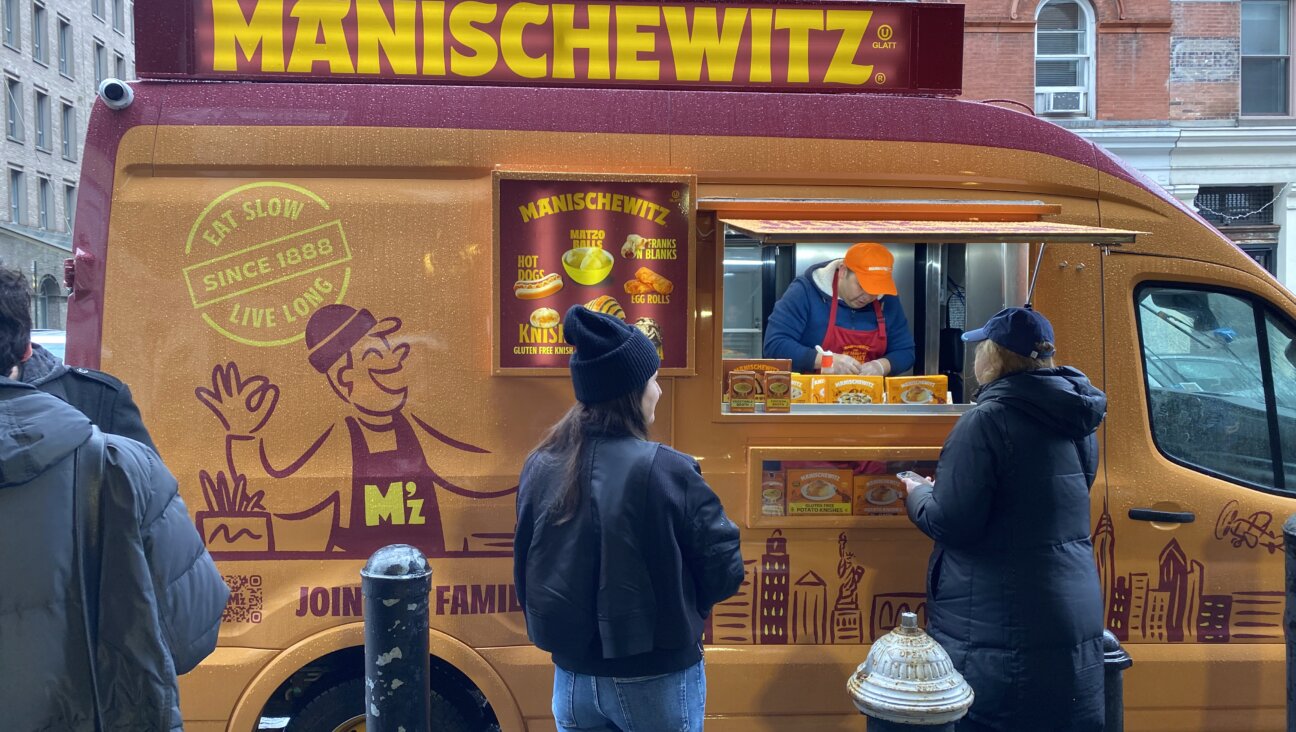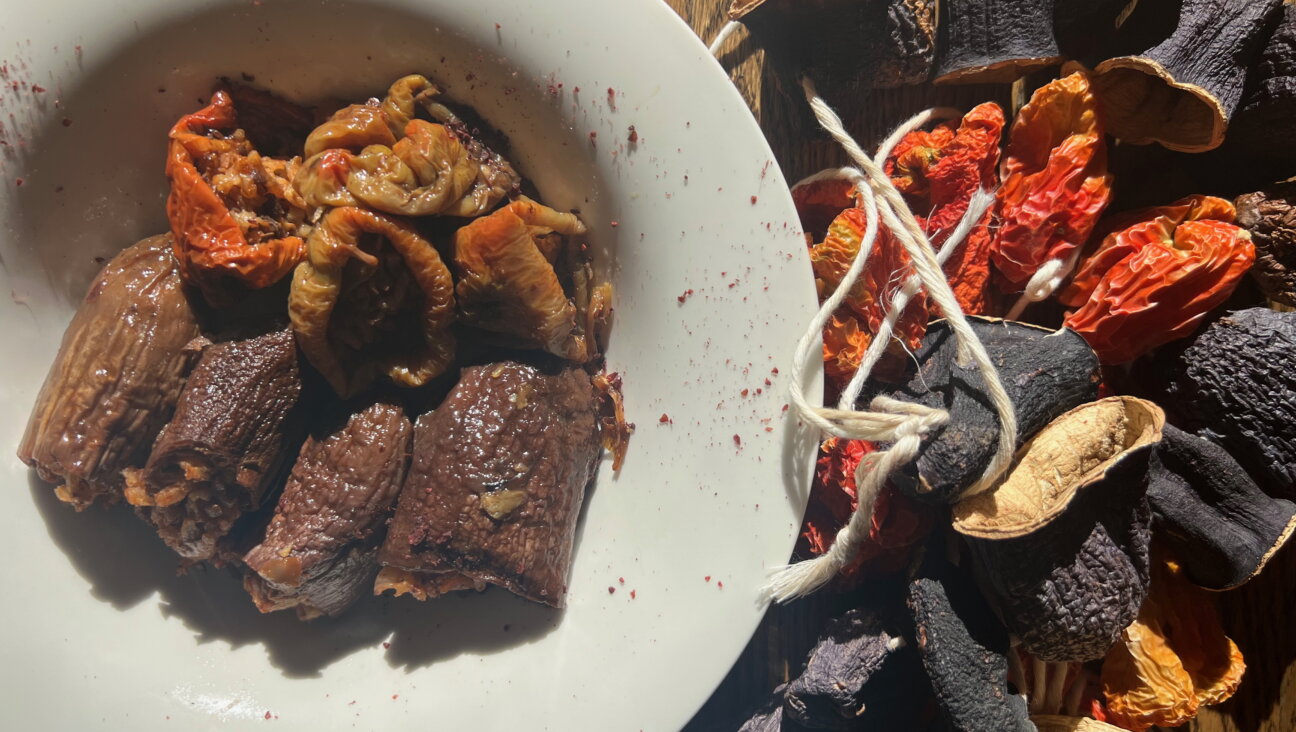No Guki: A Vegetarian in Korea

You can?t tell from the picture how spicy this was! Image by Seth Young

You can?t tell from the picture how spicy this was! Image by Seth Young
Food is an integral part of every community. I know this first-hand because I have had the privilege of travelling to many different types of communities from Australia, to Israel, Costa Rica, Panama and Mexico, and 35 of the 50 states. My first thought when I go somewhere new is inevitably: What am I going to eat? To be on the safe side, I usually learn how to say “vegetarian” or “no meat” in the local language before I go. I’ve learned ‘tzimchonit’, Hebrew for vegetarian; sin carne–without meat in Spanish; and ‘no meat for me, mate’ in Australian. With these few phrases I have happily consumed delicious fish and veggies all over the world.
Recently I had the incredible opportunity to go to South Korea for a full week. I practiced saying “Chaeshick-chu” and no “guki” aloud for weeks (Vegetarian and no meat in Korean). When the plane took off I felt prepared!
In the American view, South Korea is a “vegetable heavy” country. When you eat Korean food in the States, you get an array of vegetables with every meal. Each meal comes with beets or turnips, and a Korean specialty called Kimchi (pickled cabbage) on the side. In Korea, each main dish does include a variety of different of veggies but they also nearly all have meat as well. Whether pork, beef or sometimes chicken, meat is an important staple in the Korean diet. In fact, meat is such an important staple that when I would request “no guki” (no meat), they assumed I only meant red meat and would pile on the chicken, just as my friends parents had all those years ago.
We would arrive at a restaurant, immediately look at the menu and confirm that there was something I could eat, and this was only possible if the menu was in English. Usually it was no more than noodles. Sometimes I would order a vegetarian item on the menu and there would be beef added. I became anxious before each meal, my boyfriend, who was my travel companion, was equally as frustrated, we were constantly unable to find a place that I could eat. You could feel the anxiety starting when one of us got hungry, the search of a place I could eat. Sometimes there were pictures, and I could point to what I wanted hoping that I could ultimately eat whatever was brought to me. Sometimes I ate the only vegetarian item on the menu, which would be very spicy and hard to digest.
For me, being a vegetarian in Korea I felt I could finally identify with my friends and colleagues who keep kosher while they travel and how difficult it can be to have food restrictions that no one around you understands. When I didn’t have access to healthy foods, it made me think about our own broken food system right here in America and to really experience firsthand a very small glimpse into what it is like for people in communities without access to food. I was certainly not starving, but I felt less than my best because I wasn’t getting the proper nutrients. It makes me proud to work at Hazon and to be in the forefront of the new Jewish food movement. I know that the work we are doing as an organization will ultimately effect communities, creating opportunities for people to eat.
Going to South Korea was an eye opener for me. I felt I was immersed in the culture in a lot of ways, but ultimately by being unable to eat the local cuisine, I was unable to feel a part of their culture. Food is what ultimately brings people together, and creates a community. Offering someone food to nourish them creates a level of comfort for both the host and the guest, this was one of the most difficult elements with my culinary restrictions. I hope to never experience this again, but also somehow grateful to experience what so many experience everyday of their lives.
Wendy is originally from Long Island, is a graduate of the University of Massachusetts sport management program and has planned and organized over 100 conferences and events, including playing a major role in Hazon 2012 Cross-USA Ride from Seattle to Washington DC.
The Forward is free to read, but it isn’t free to produce

I hope you appreciated this article. Before you go, I’d like to ask you to please support the Forward.
Now more than ever, American Jews need independent news they can trust, with reporting driven by truth, not ideology. We serve you, not any ideological agenda.
At a time when other newsrooms are closing or cutting back, the Forward has removed its paywall and invested additional resources to report on the ground from Israel and around the U.S. on the impact of the war, rising antisemitism and polarized discourse.
This is a great time to support independent Jewish journalism you rely on. Make a gift today!
— Rachel Fishman Feddersen, Publisher and CEO
Support our mission to tell the Jewish story fully and fairly.
Most Popular
- 1

Fast Forward Ye debuts ‘Heil Hitler’ music video that includes a sample of a Hitler speech
- 2

Opinion It looks like Israel totally underestimated Trump
- 3

Culture Cardinals are Catholic, not Jewish — so why do they all wear yarmulkes?
- 4

Fast Forward Student suspended for ‘F— the Jews’ video defends himself on antisemitic podcast
In Case You Missed It
-

Culture Should Diaspora Jews be buried in Israel? A rabbi responds
-

Fast Forward In first Sunday address, Pope Leo XIV calls for ceasefire in Gaza, release of hostages
-

Fast Forward Huckabee denies rift between Netanyahu and Trump as US actions in Middle East appear to leave out Israel
-

Fast Forward Federal security grants to synagogues are resuming after two-month Trump freeze
-
Shop the Forward Store
100% of profits support our journalism
Republish This Story
Please read before republishing
We’re happy to make this story available to republish for free, unless it originated with JTA, Haaretz or another publication (as indicated on the article) and as long as you follow our guidelines.
You must comply with the following:
- Credit the Forward
- Retain our pixel
- Preserve our canonical link in Google search
- Add a noindex tag in Google search
See our full guidelines for more information, and this guide for detail about canonical URLs.
To republish, copy the HTML by clicking on the yellow button to the right; it includes our tracking pixel, all paragraph styles and hyperlinks, the author byline and credit to the Forward. It does not include images; to avoid copyright violations, you must add them manually, following our guidelines. Please email us at [email protected], subject line “republish,” with any questions or to let us know what stories you’re picking up.















